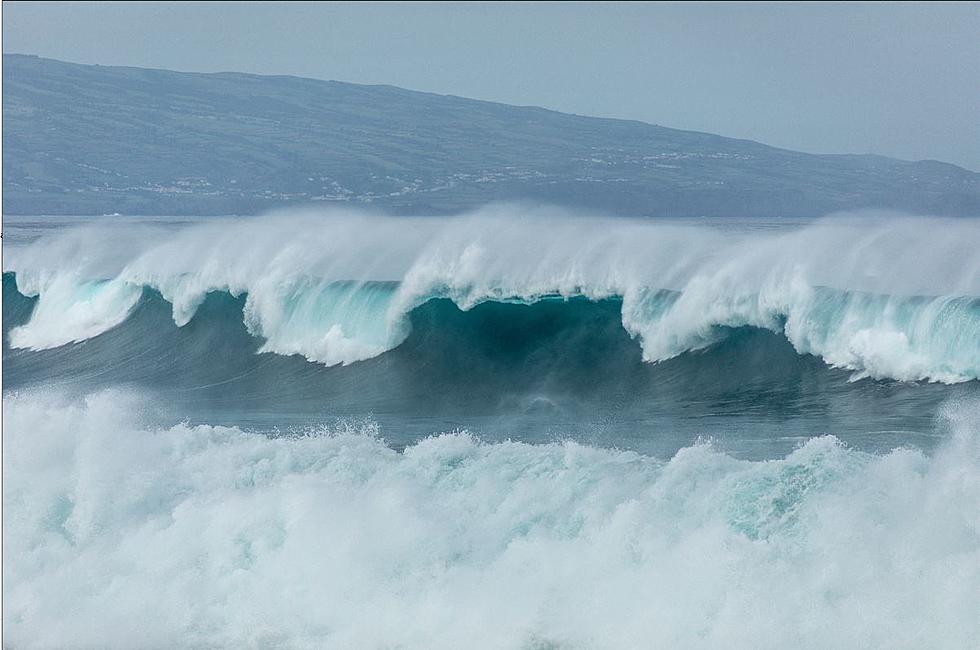
2023 Hurricane Forecast Predicts Below-Average Activity for Louisiana, Gulf Coast
LOUISIANA (KPEL News) - Louisiana could be looking at a calmer Hurricane Season, according to the first forecast of the year from Colorado State University.
CSU's Seasonal Hurricane Forecasting team in April predicted 13 named storms, six of which could be hurricanes. Of those six, two are expected to be "major" hurricanes. The reason for the slightly below-average season is due to the development of an El Nino system that could impact the development of storms.
Via that research team:
Eastern and central tropical and subtropical Atlantic sea surface temperatures are much warmer than normal, while Caribbean sea surface temperatures are near their long-term averages.
[...]
Current large-scale conditions and forecasts indicate that a transition to El Niño is relatively likely in the next several months. However, there is considerable uncertainty as to how strong El Niño would be if it does develop. El Niño tends to increase upper-level westerly winds across the Caribbean into the tropical Atlantic. The increased upper-level winds result in vertical wind shear which can tear apart hurricanes as they try to form.
The next CSU hurricane forecast will be released on June 1.
Florida received heavy damages from Hurricane Ian last year, but Louisiana was largely spared any serious storms in the 2022 hurricane season. However, it only takes one storm to do serious damage to a state along the coast, which is something Louisiana is all-too-familiar with.
A Different Prediction in Arizona
But the forecast team at the University of Arizona released its hurricane season forecast last week, and it's predicting a season similar to 2017. That's the year that produced Hurricanes Harvey, Irma, and Maria.
Since 2014, hurricane activity has been accurately predicted by a model created by Xubin Zeng, UArizona professor of hydrology and atmospheric sciences, and his former graduate student Kyle Davis.
"We are not expecting this to be as damaging as 2017," Zeng said. That said, he emphasized that "people should get prepared."
"This will be a very active hurricane season. That's our message," said Zeng, adding that the East Coast and Gulf Coast are typically the regions where hurricanes have the greatest impacts.
Zeng and his team are predicting nine storms this year, with up to five of them being major storms.
According to Zeng, this year is "particularly interesting," because there will be a fight between two big ocean basins thanks to the rising eastern Pacific Ocean surface temperature.
"We expect a good, nice El Niño to come back after a few years of La Niña," Zeng said in the University's release.
Named Storms in 2023
The list of names used for storms is rotated every year. This year's storm names are Arlene, Bret, Cindy, Don, Emily, Franklin, Gert, Harold, Idalia, Jose, Katia, Lee, Margot, Nigel, Ophelia, Philippe, Rina, Sean, Tammy, Vince, and Whitney.
The hurricane season officially beings on June 1, but it often takes a while for major storms to develop in the Atlantic and impact the Gulf Coast. There is always the potential for named storms to develop before the official start of the season, as we have seen in recent years, but the development of El Nino is likely to impact any chances of that.
25 costliest hurricanes of all time
See The Damage in Florida from Hurricane Ian
More From News Radio 710 KEEL

![Reporter Uses Condom to Protect Microphone During Hurricane Ian Coverage [PHOTO]](http://townsquare.media/site/34/files/2022/09/attachment-Screen-Shot-2022-09-28-at-4.39.19-PM.jpg?w=980&q=75)






![Meteorologist Suggests Where to Evacuate To Prior to Hurricane [PHOTO]](http://townsquare.media/site/34/files/2021/08/attachment-GettyImages-1031463982.jpg?w=980&q=75)

